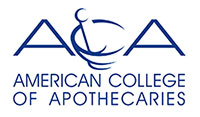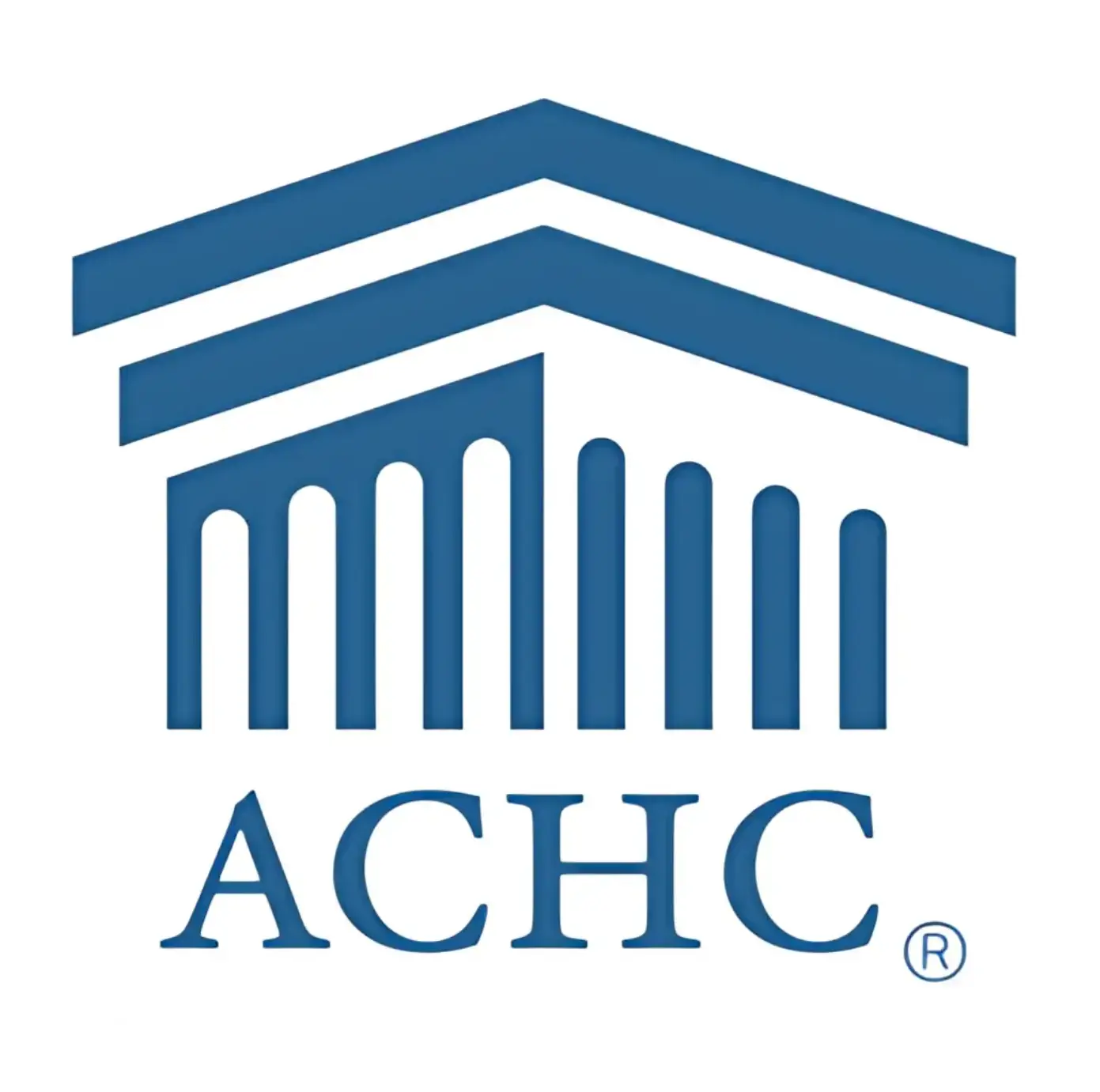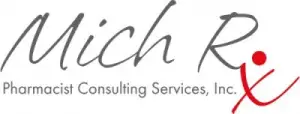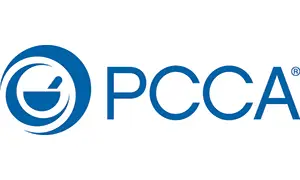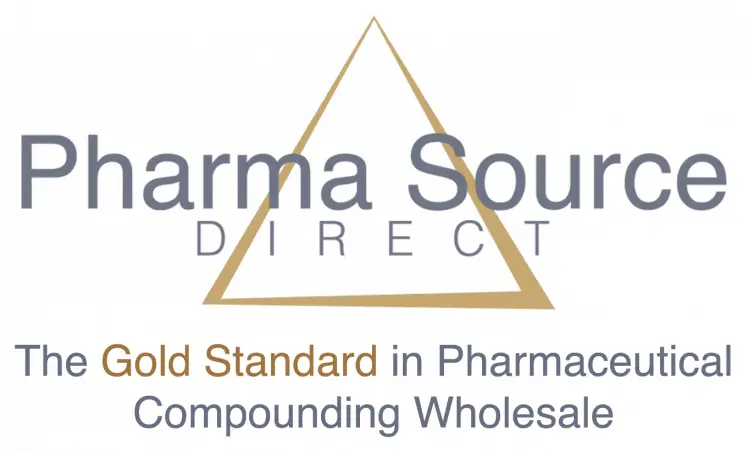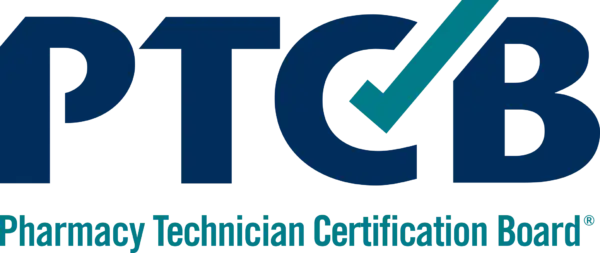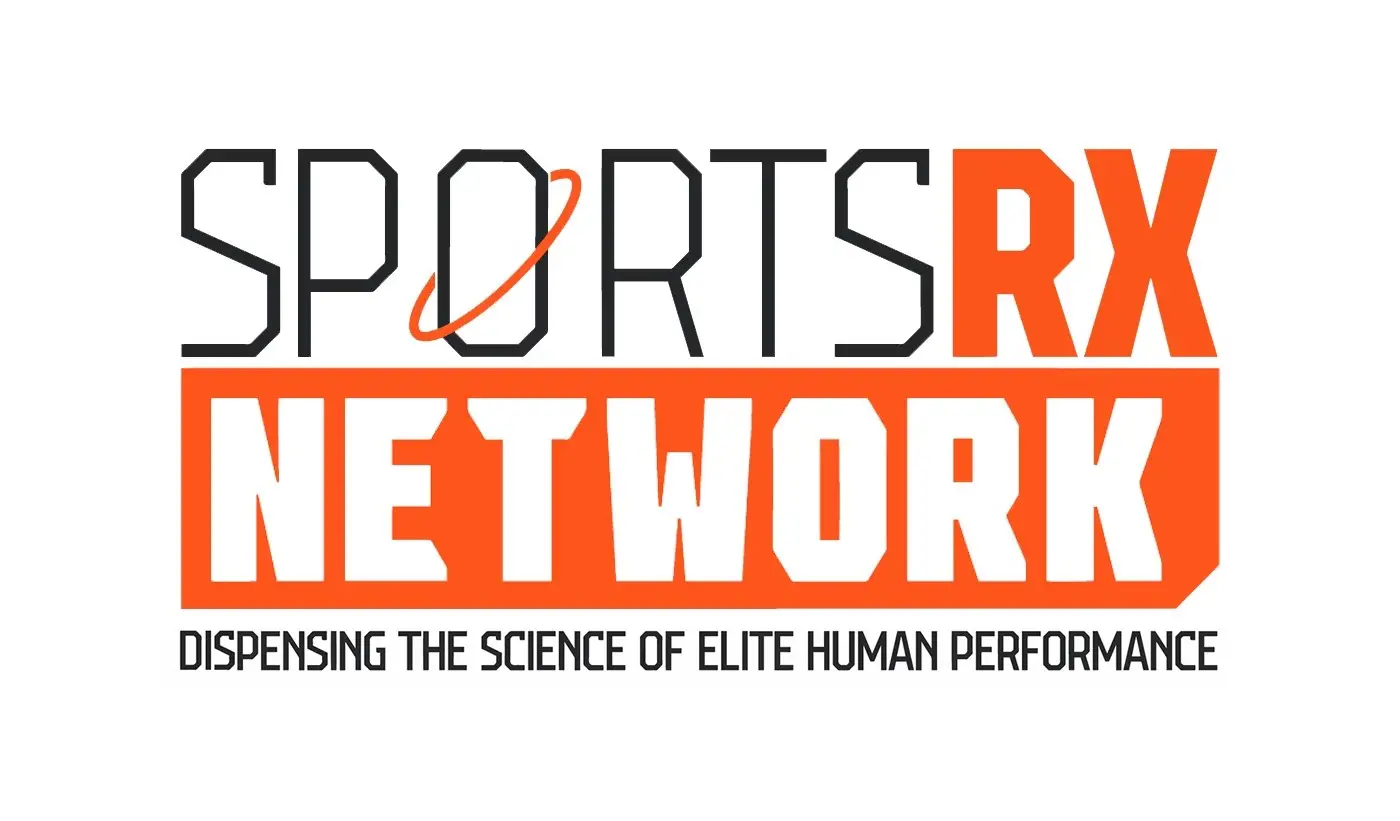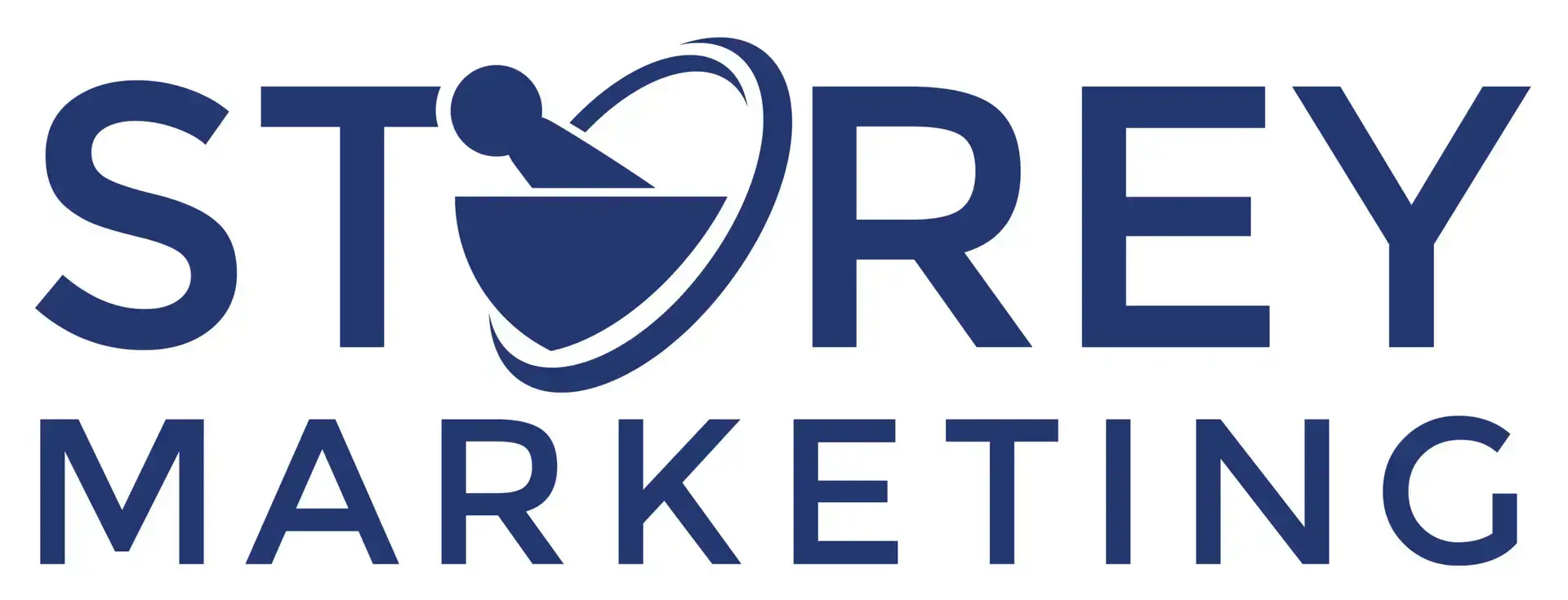By Ernest P. Gates Jr., Dennis Lyons, Gary McCrory and Paul O’Connor
[ June 29, 2020] Compounding pharmacies across our nation have opened their mail this month to find an unpleasant surprise: Express Scripts, Inc. (ESI), on behalf of the Department of Defense and Tricare, the health care program for the military, is seeking to recoup claims it paid for certain compounded medications provided to its members in 2015 – yes, that is five years ago.
ESI is specifically interested in claims for compounded medications prescribed by physicians when there is no record that the patient had an office visit with the physician. Tricare was the subject over the last several years of substantial fraud driven by illegal marketing enterprises that sent compounded medications to veterans who never requested them, and billed the insurer many millions of dollars for these unwanted and unneeded medications.
Tricare is clearly trying to clean up its operations and recoup payments made to these criminal enterprises, however, this effort is also impacting hard-working compounding pharmacists who make an honest living serving patients with needs that cannot be met by commercially manufactured preparations.
If you have received the ESI letter, here are four important things to know:
- Take the letter seriously. We have heard from several pharmacists who were not planning to respond, and we have told them to not respond would be a mistake. Their thinking was that they did nothing wrong and to respond would create a precedent that would mean responding to an avalanche of subsequent requests from ESI and other PBMs. A non-response will only result in further efforts by ESI to recoup the funds and could create unwanted legal problems and even the possibility of a criminal investigation or prosecution.
- You need help. This effort by ESI is not the place where you quickly compose an email, count to three, and hit “send.” Unfortunately, we are hearing of cases where this has happened. We advise all of our clients to engage an attorney to draft the response and to consider using a consultant to not only review the calculations, but to work collaboratively with your attorney to provide a comprehensive and forceful response. To do otherwise might be like trying to put toothpaste back into the tube.
- Scrutinize ESI’s math. It would be wrong to assume that ESI’s calculations are correct. ESI may be including the copayment in their calculations or recovering “spread pricing” – the difference between what the pharmacy is paid and the actual amount billed to their clients. Each prescription’s paid amount should be reviewed. Your submission and payment records are the best resource to validate your submission. Prescription records should be thoroughly reviewed. For instance, if a key element was left off of the face of the prescription, such as the prescriber’s DEA number, but the script was prescribed by a physician known to the patient, ESI may include the prescription in its recoupment.
- This is not an audit; it is an investigation. It is important to not think of this process as an audit. Audits are relatively routine matters: records are reviewed and reconciled, findings are presented and then you respond and potentially reach a resolution. ESI has made clear that this is an investigation that could lead to criminal charges. Tricare is operated with public funds, so charges will carry additional weight and will be harder to defend. America’s active military and veterans rightfully hold an exalted place in our national firmament and those alleged to be profiting from their service will confront major challenges.
The ESI clawback is only for 2015 and only for Tricare claims, and it is quite possible – likely, even – that ESI will also undertake recovery processes for claims paid between 2016 and today and claims paid on behalf of other ESI clients, and it is important to get this response right.
ESI has set a response deadline of June 30 to those pharmacies it is targeting. There is no time to waste.
Ernest P. Gates Jr. is a pharmacist and is president & CEO of Gates Healthcare Associates, a consulting firm with expertise in pharmacy operations, audits and regulations, as well as PBM operations. Dennis Lyons, Gary McCrory and Paul O’Connor are associates at the firm. Gates Healthcare Associates is not a law firm and does not provide legal representation.


